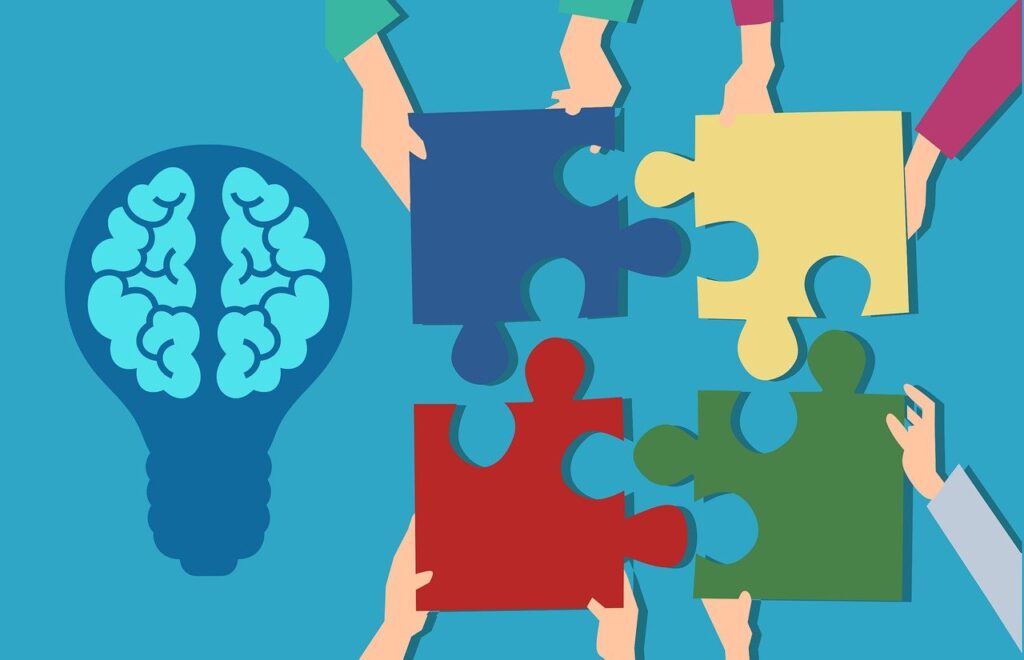The son of a bricklayer goes to college and i) becomes a teacher at a medical school, ii) gets promoted to tenured professor, and iii) moves across the country for a new tenured professor position at a different school. Sequentially, this man has experienced:
a) intergenerational mobility with respect to the father, horizontal mobility, horizontal mobility
b) intragenerational mobility with respect to the son, upward mobility, upward mobility
c) intergenerational mobility with respect to the father, upward mobility, horizontal mobility
d) intragenerational mobility with respect to the son, horizontal mobility, upward mobility
Explanation
Watch a video explanation of this problem:
Intragenerational mobility, also called career mobility, describes a change in an individual’s social standing during the course of an individual’s lifetime. Intragenerational mobility most often occurs through promotions and demotions at work. Intergenerational mobility involves a change in social standing across generations, such as when an upper class family loses their fortune and the next generation all become tradesmen. Alternatively, children of a working class family might work very hard to increase their social standing through education and career advancement.
Horizontal mobility refers to a move within the same category of status, e.g. taking a job in a new location with equivalent title to a former job. Vertical mobility, which may be upward or downward, refers to moving from one social level to another.
In the case of the son of the bricklayer, achieving education and status beyond that of his father could be either intergenerational with respect to the father or intragenerational with respect to the son. A promotion is vertical mobility, and a transfer with equal position is horizontal mobility.
a) intergenerational mobility with respect to the father, horizontal mobility, horizontal mobility, incorrect, The promotion is an example of upward rather than horizontal mobility.
b) intragenerational mobility with respect to the son, upward mobility, upward mobility, incorrect, The transfer is an example of horizontal rather than vertical mobility.
c) intergenerational mobility with respect to the father, upward mobility, horizontal mobility, correct.
d) intragenerational mobility with respect to the son, horizontal mobility, upward mobility, incorrect, The promotion is upward mobility and the transfer is horizontal mobility.
Want more practice?
[ninja_forms id=27]
Search the Blog

Free Consultation
Interested in our Online MCAT Course, One-on-One MCAT Tutoring or Med admissions packages? Set up a free consultation with one of our experienced Senior Student Advisors.
Schedule NowPopular Posts
-
MCAT Blog What's on the MCAT?
-
MCAT Blog How to Review MCAT Full Lengths

Free MCAT Practice Account
Need great MCAT practice?Get the most representative MCAT practice possible when you sign up for our free MCAT Account, which includes a half-length diagnostic exam and one of our full-length MCAT practice exams.
Learn More







